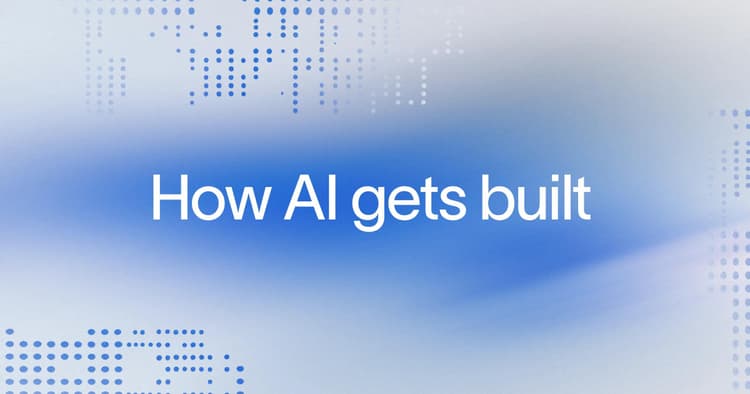AI
AI is driving the future of finance. Learn how this transformative technology can help automate the mundane and make you a more strategic player.
 Article
ArticleApplied AI in finance: 4 best practices to get started

Ian McCue
Senior Content Marketing Manager, Ramp
Latest

ARTICLE
The AI Digest: February 18, 2026
AI giants ship model upgrades and lock in infrastructure deals. And there's a growing sense that we are living through an unprecedented moment, even by AI's standards.

ARTICLE
AI's first substitution: freelancers
Firm-level spending on freelance marketplaces and AI model providers from 2021 to 2025 shows those that spent the most on freelancers shifted to AI the fastest.

ARTICLE
How AI gets built: Max Cook
Max Cook, Sector Head at Coatue, discusses AI infrastructure and energy investments.

ARTICLE
Anthropic's breakout month
Overall business AI adoption reached a new all-time high, led by Anthropic's adoption rate spiking to 19.5% as it encroaches on OpenAI's dominant lead.

ARTICLE
Inside the rapidly growing, and surprisingly narrow, AI infrastructure market
Breaking down the market size, top providers, and most popular services underpinning the AI revolution — and whether open source is stealing market share from foundation models.

REPORT
Winter 2026 Business Spending Report
Get the latest on AI adoption, software vendor trends, and more based on data from 50,000-plus companies in Ramp's latest spending report.
Get fresh finance insights, bi-weekly
